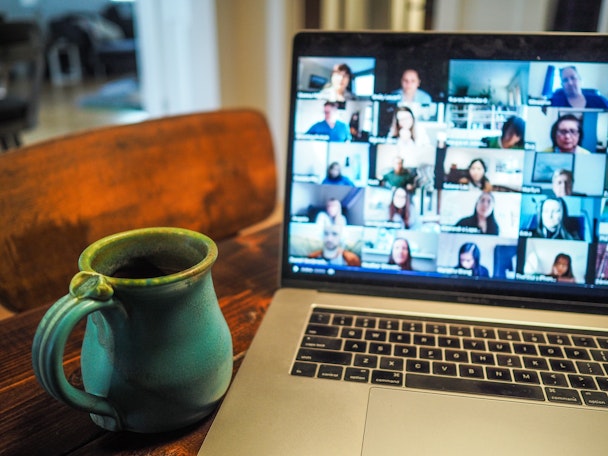Why businesses need to create ‘partner families’
By creating informal networking groups, companies can positively impact employees on a personal and professional level says McKinsey senior advisor Ashwini Karandikar. Here she explains how.

Maya Angelou said: “You may not control all the events that happen to you, but you can decide not to be reduced by them.” And as employers big and small absorb some of the shock from shutdowns around the world, they have been slowly learning how to advance, retreat and adapt, both globally and locally. At this point, whoever can work from home has done so and will continue to do so in at least some capacity through 2021.
For many, this is becoming something of a grind. Short-term team building methods that initially worked are beginning to become less effective. New solutions are needed and the best place to look for them is at companies that succeeded with distributed workforces prior to the pandemic.
I was fortunate to have helped build and lead Dentsu’s Amnet across 50+ markets. What we understood was that a steady and empathetic cultural backbone was essential for a cohesive and productive matrix team. We learned, over the years, the value of creating ‘partner families’.
Partner families are informal networks of between two and 10 people depending on size of organization. They consist of members from different departments, with varied experience and tenures. Together, these families help create a safety net. Members can depend on each other for specific work-related items, for integration and assimilation into the organization, for sharing and voicing concerns and – where needed – bringing in appropriate HR members for additional support and counseling.
Training the trainers
HR is an important part of these families. Human resources professionals are living up to their names now more than ever. They are tasked with not only understanding, but also reacting to an ever-changing slew of local working conditions – things like state and city guidelines about mandated closures, policies for frontline workers, paid leave mandates, school reopening schedules and much more.
HR departments are on the frontline for ensuring that the organization is managing and communicating with its workforce with empathy and transparency. One important way to accomplish this is by developing a remote work policy for all. This means creating guidelines for flexible working hours, setting up help lines for clarity around medical insurance related to Covid-19 and counseling sessions for employees who are dealing with isolation and fatigue, being overworked and the many other challenges that now confront us. In turn, the executive leadership needs to ensure that its HR staff are well staffed and trained to handle additional responsibilities.
That being said, a very large majority of managers have had little to no experience with the tasks at hand. They need support, training and development to prepare them to support their teams through a variety of working environments (remote, frontline, manufacturing etc). Training topics needed include remote work management (most likely a new discipline for most managers), performance conversations during a pandemic and fostering an empowering and development focused culture despite pandemic forced business issues. Some excellent guidelines can be found at the Society for Human Resource Management.
Making partner families personal
While employees depend on their employers for a resilient and flexible organizational structure, there is a lot that they can do independently in creating their own support systems. Activities such as engaging in partner families at work is essential, but so is creating similar support systems on the home front for things like schools/online education, food supply/groceries, backups in case of medical emergencies etc. This creates a sense of community and security for employees and their families, allows them to focus on their work and company goals. While this may not be the most natural activity for some, the benefits can be felt almost immediately once these groups are formed both professionally and personally.
This pandemic’s impact is going to be felt long after we find a cure. All of us are in this together and it is going to take a village, full of families, to hold up both employers and employees. Start building yours today.
Ashwini Karandikar is founder at Knak and a senior advisor to McKinsey & Company.
